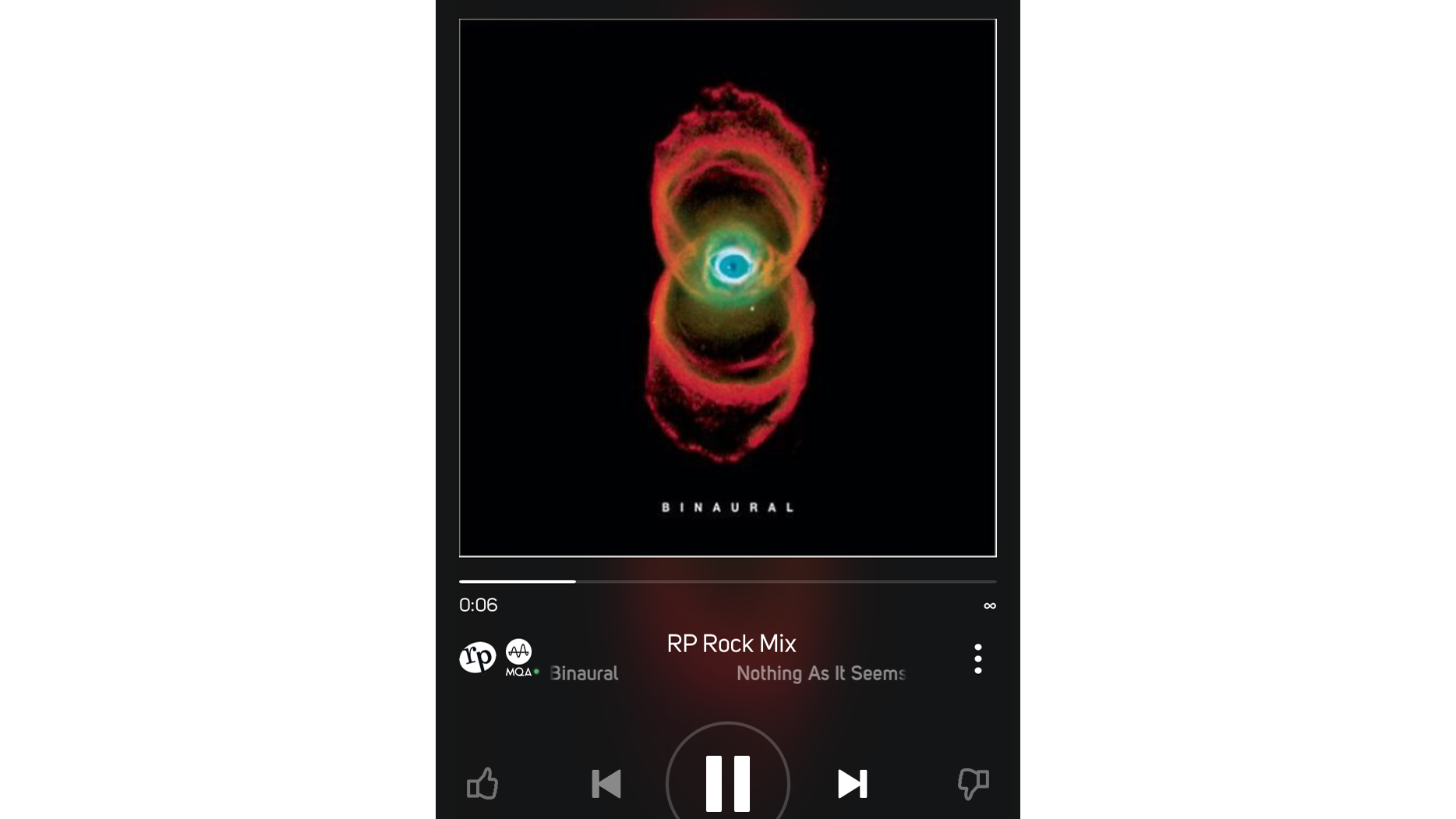

“Every orbit, there is some energy loss from the system,” he says. The star’s strong gravitational “tidal” pull on the planet during each close pass might change the planet’s orbit over time, says astrophysicist Wenbin Lu of Princeton University, who was not involved in this study but who investigates possible FRB scenarios. After that interaction, what remains of the clump drifts in orbit around the star, but away from Earth’s perspective, so we never see it again.Ĭomparing the calculated bursts to two known repeaters - the first ever discovered, which repeats roughly every 160 days, and a more recent discovery that repeats every 16 days, the team found the fragmenting planet scenario could explain how often the bursts happened and how bright they were ( SN: 3/2/16). Each burst in a repeating FRB signal could be caused by one of these clumps interacting with the neutron star’s wind during each close planet pass, he says. If that happens when the clump appears to pass in front of the star from Earth’s perspective, we might see it as a fast radio burst. When one of these clumps passes through that stellar wind, the interaction “can produce really strong radio emissions,” Huang says. Neutron stars spew a wind of radiation and particles, much like our own sun but more extreme. Each clump in the team’s calculation is just a few kilometers wide and maybe one-millionth the mass of the planet, he adds. This “tidal pull,” Huang says, will rip some small clumps off the planet. When the planet swings very close to its star, the star’s gravity pulls more on the planet than when the planet is at its farthest orbital point, elongating and distorting it. Such planets can get exceedingly close to these stars, so the team calculated what might happen to a planet in a highly elliptical orbit around a neutron star.

Huang and his colleagues considered a new way to make the repeating flares: interactions between a neutron star and an orbiting planet ( SN: 3/5/94). “How fast radio bursts are produced is still up for debate,” says astronomer Yong-Feng Huang of Nanjing University in China.


 0 kommentar(er)
0 kommentar(er)
